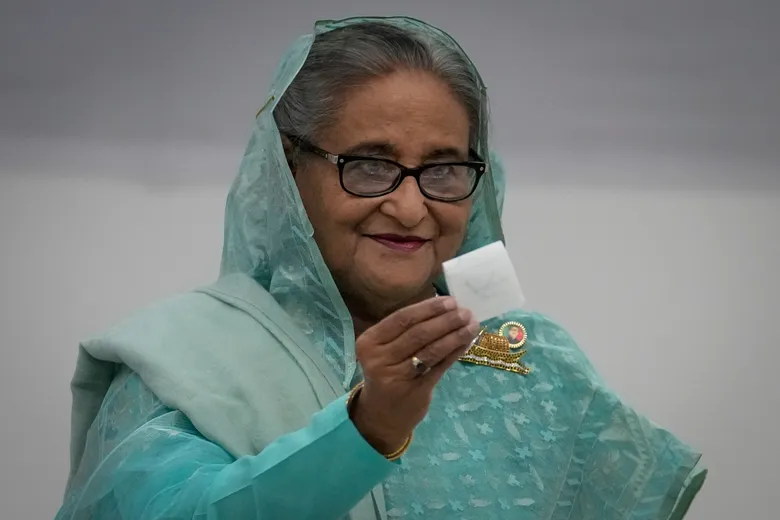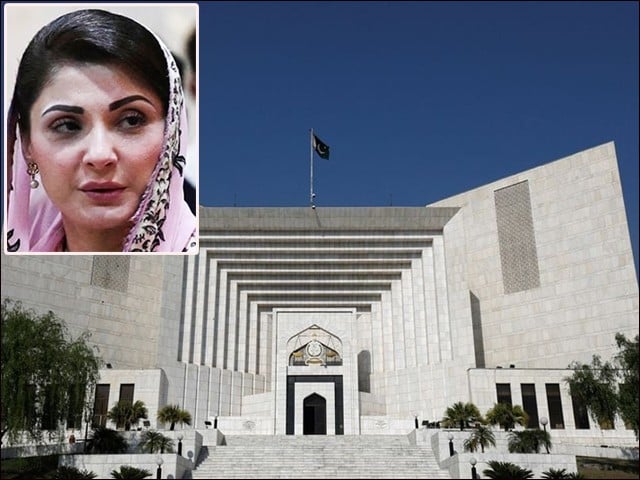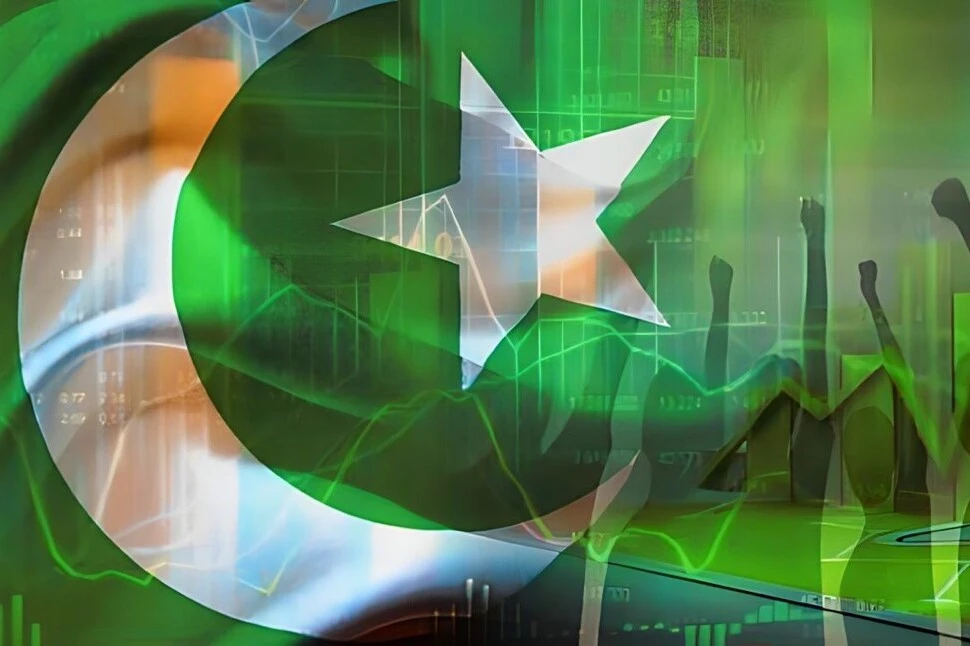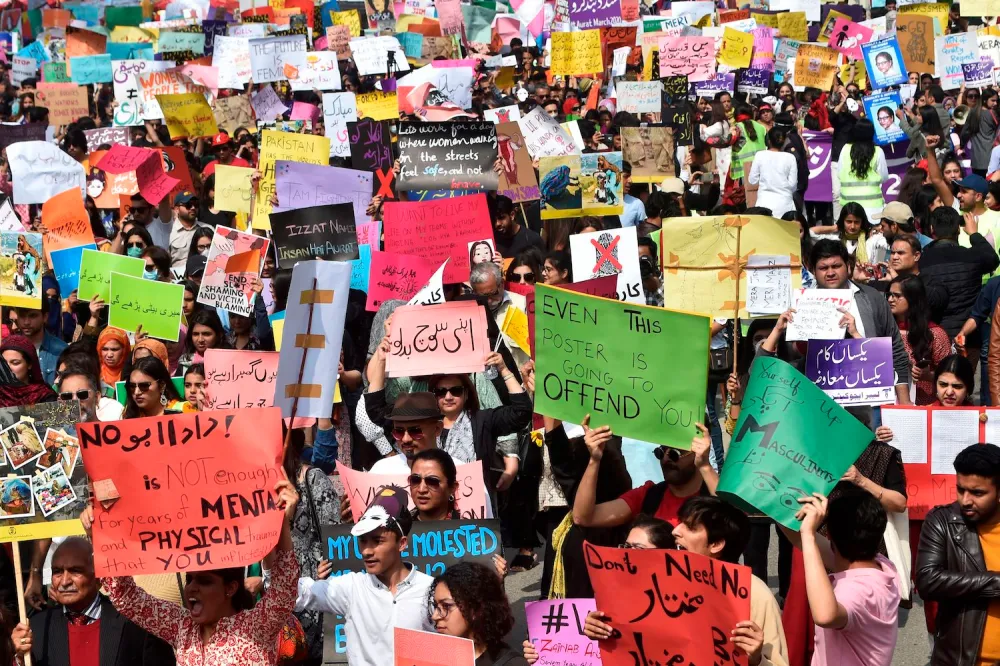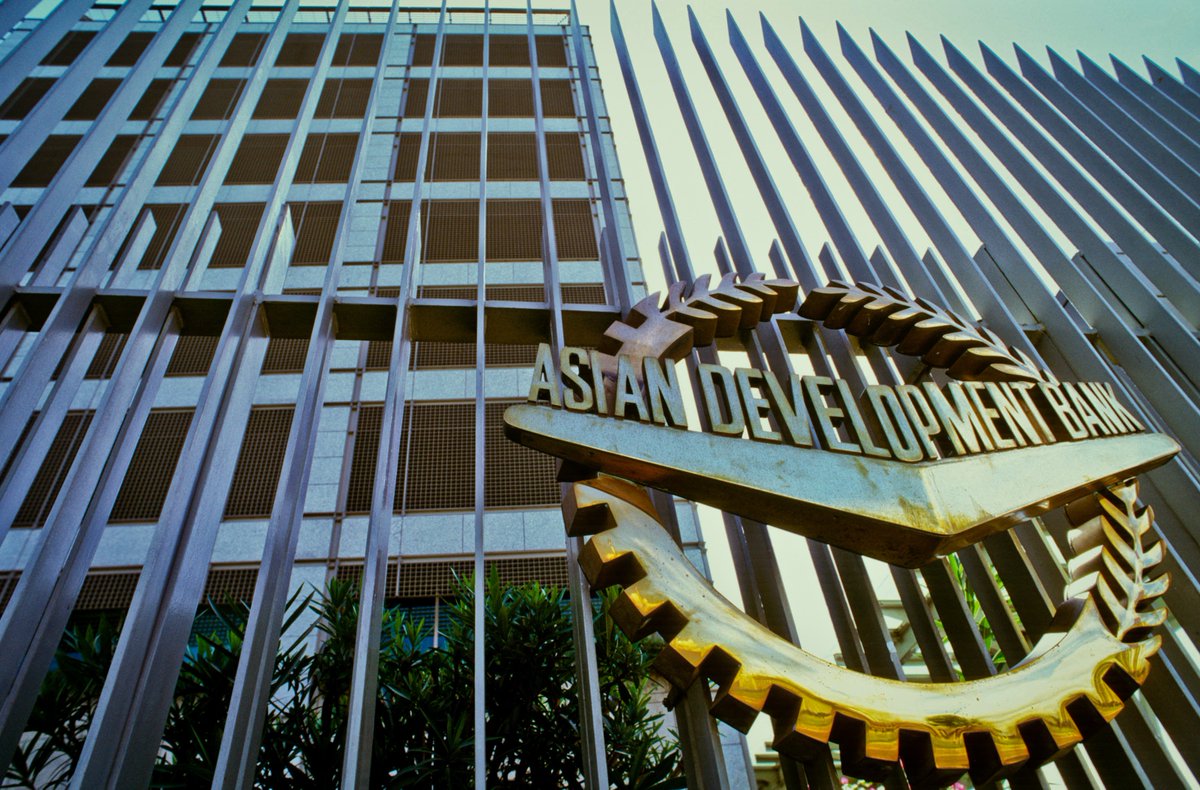Hafeez Ahmed Khan
Sheikh Hasina’s recent re-election in Bangladesh, marred by boycott and low turnout, presents a complex portrait of a leader who once fought for democracy but now stands accused of eroding it. This essay delves into Hasina’s political journey, evaluating her achievements, human rights concerns, and the state of Bangladeshi democracy under her rule.
From Freedom Fighter to Prime Minister:
Hasina’s political roots lie in the struggle for Bangladeshi independence. Having witnessed the assassination of her family during a military coup, she returned from exile to join hands with Khaleda Zia in challenging the military regime. This alliance, however, fractured, leading to decades of bitter rivalry between the two women. After a period of imprisonment and electoral defeats, Hasina finally ascended to the premiership in 2009, marking the start of her long reign.
Economic Boom and International Acclaim:
Hasina’s tenure has witnessed undeniable economic progress. Bangladesh, once one of the world’s poorest nations, has experienced a remarkable boom, driven by the garment industry and a largely female workforce. Poverty rates have fallen, access to electricity has increased, and per capita income has surpassed India. Additionally, Hasina’s handling of the Rohingya refugee crisis and crackdown on extremist groups garnered international attention.
But a Shadow Looms:
Despite these successes, Hasina’s rule has been tarnished by a growing list of human rights concerns. Mass arrests of opposition figures, forced disappearances, extrajudicial killings, and suppression of dissent paint a worrying picture of a leader increasingly intolerant of opposition. The recent election, boycotted by the main opposition and marked by violence, further raises questions about the state of political freedom in Bangladesh.
Concerns Over Democracy and Legacy:
Critics argue that Hasina’s consolidation of power, fueled by repression rather than popular mandate, constitutes a virtual one-party rule. Her crackdown on the judiciary and independent media further weakens democratic institutions. While supporters laud her economic success, they cannot ignore the erosion of fundamental rights and the shrinking space for political dissent.
Facing Challenges and Uncertainty:
Hasina’s next term will be fraught with challenges, including rising inflation, economic slowdown, and international scrutiny over human rights. Her ability to address these issues while upholding democratic principles remains to be seen. The legacy she leaves behind will depend on whether she chooses to embrace inclusivity and transparency or continue down the path of authoritarianism.
Conclusion:
Sheikh Hasina’s story is one of paradox. Once a symbol of democracy, she now stands accused of undermining it. While her economic achievements are undeniable, they cannot overshadow the dark side of her rule. The future of Bangladesh depends on whether she chooses to course-correct or further tighten her grip on power. Only time will tell if she will be remembered as a builder of prosperity or a destroyer of democracy.
Please, subscribe to the YouTube channel of republicpolicy.com



































